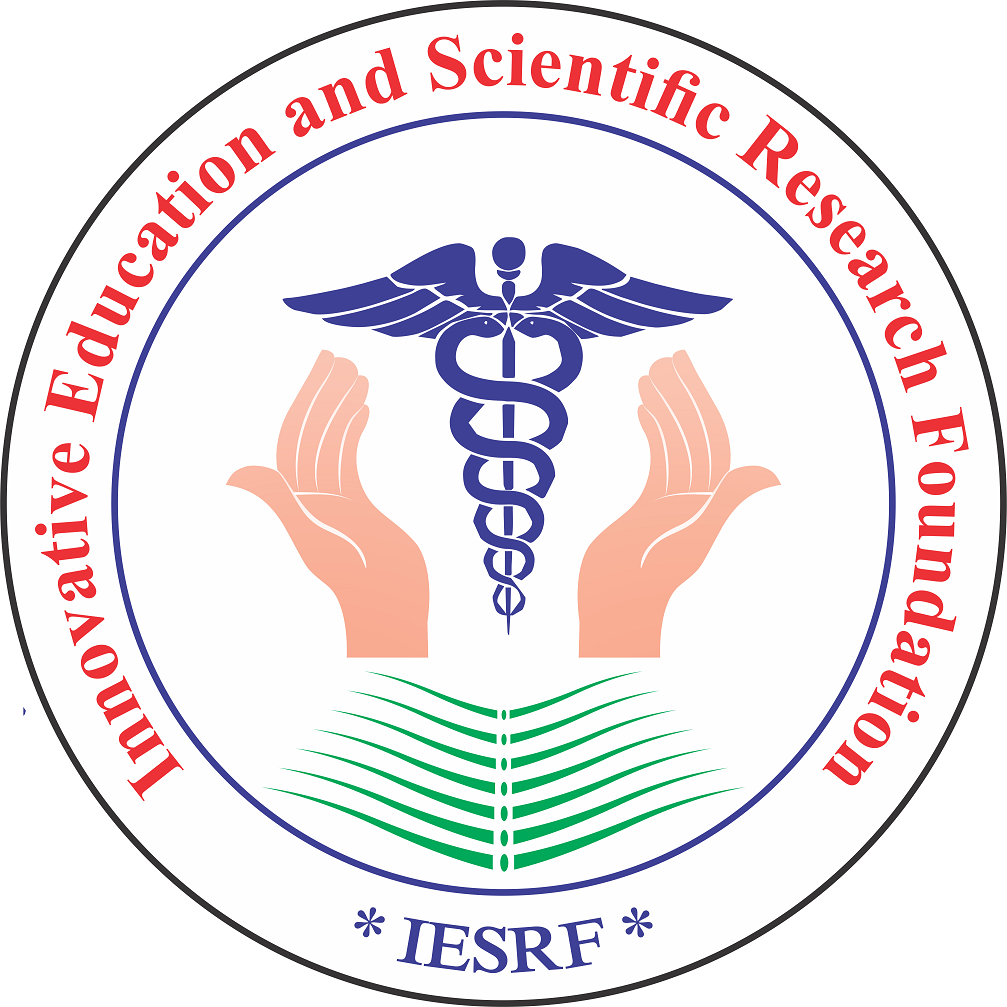- Visibility 23 Views
- Downloads 8 Downloads
Management of Tuberculous meningitis – A review
- Author Details:
-
Lakshmi K.
-
Santhanam R.
-
Chitralekha S.
Tuberculous Meningitis (TBM) is one of the leading causes of deaths and disabilities in the developing nations like India. Rapid diagnosis of the cases is essential to minimise the mortality and morbidity. Although clinical diagnosis is made based on the presenting symptoms, signs and radiological imaging studies, confirmation of the diagnosis is still difficult and there are significant diagnostic and treatment challenges. Cerebro spinal fluid (CSF) examination shows a lymphocytic-predominant pleiocytosis, elevated protein, and normal or low glucose. Multiple and repeated Culture and CSF examination by acid fast staining and PCR usually may show good results. Empirical treatment with at least four first-line drugs, preferably isoniazid, rifampin, pyrazinamide, and streptomycin or ethambutol is usually started in clinical suspected cases with supportive initial CSF findings. Corticosteroid can be added as adjunctive treatment, but its benefits remains doubtful. Drug interactions, possibility of drug resistant tuberculosis and development of immune reconstitution inflammatory syndrome needs to be kept in mind in initiating the TBM treatment in patients who are HIV positive. This review article throws light into the current practice in the laboratory diagnosis and management of Tuberculous meningitis.
Keywords: Tuberculous Meningitis, Tuberculosis, Diagnosis, Treatment, Prognosis
How to Cite This Article
Vancouver
K. L, R. S, S. C. Management of Tuberculous meningitis – A review [Internet]. Indian J Microbiol Res. 2017 [cited 2025 Sep 13];4(1):1-6. Available from: https://doi.org/
APA
K., L., R., S., S., C. (2017). Management of Tuberculous meningitis – A review. Indian J Microbiol Res, 4(1), 1-6. https://doi.org/
MLA
K., Lakshmi, R., Santhanam, S., Chitralekha. "Management of Tuberculous meningitis – A review." Indian J Microbiol Res, vol. 4, no. 1, 2017, pp. 1-6. https://doi.org/
Chicago
K., L., R., S., S., C.. "Management of Tuberculous meningitis – A review." Indian J Microbiol Res 4, no. 1 (2017): 1-6. https://doi.org/
